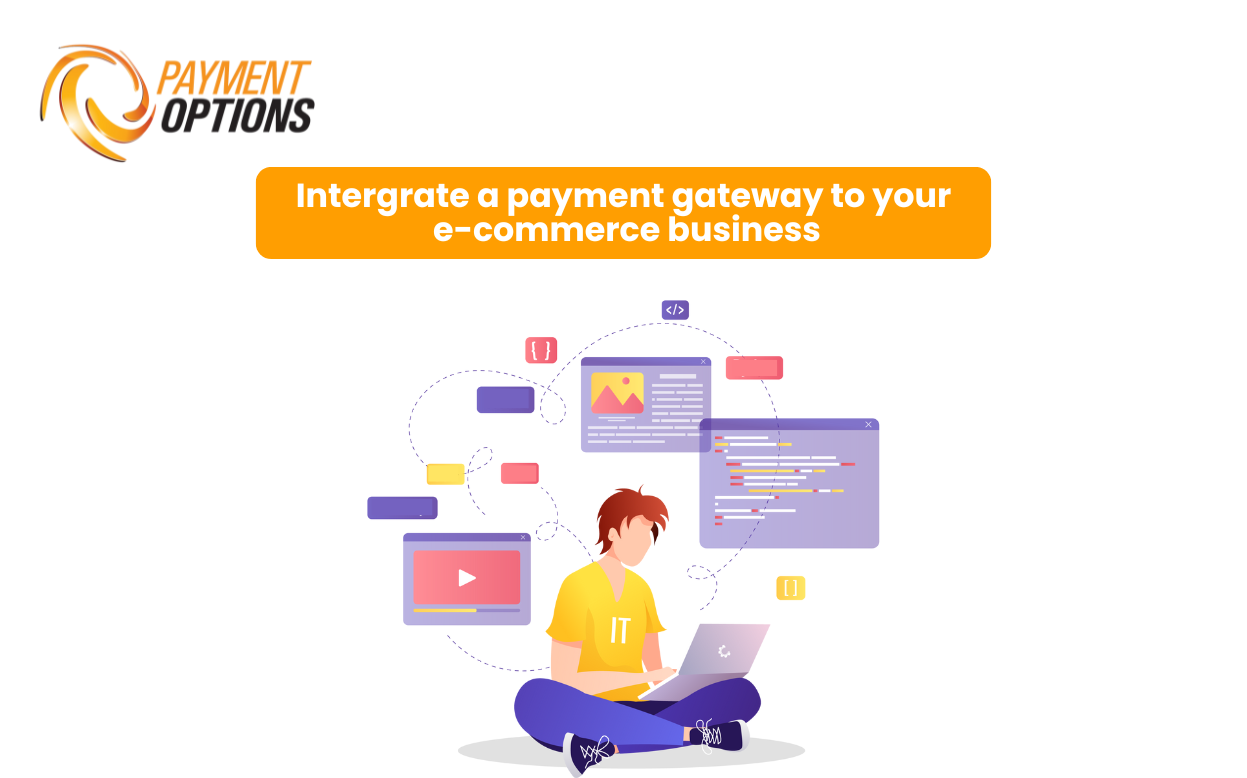Legitimate Businesses and Merchants

If you have any questions about a business’s credibility, it’s always a smart idea to double-check before doing business with them.
Criminals have devised a variety of techniques in which they employ false entities to conduct fraud to increase the reach of possible victims. After all, businesses can negotiate with several clients, allowing fraudsters to spread a large net for their nefarious activities.
Some of these activities are phishing, tax fraud, identity theft, deceptive websites, and fraudulent merchant accounts.
How to verify the legitimacy of a business
On-site interactions are becoming unnecessary as more corporate activities are done online. The simplicity with which false business documents and profiles can be produced has raised the possibility of fraud. The danger isn’t economic in nature; it’s also potentially serious: no one likes their company to be tied to a convict or, worse, a terrorist group.
Business information is needed for taking payments for monitored agencies, like banking firms. This data varies depending on the authority and the potential degree of risk. The following information is included in this data.
- Location and type of the company or its role
- The early history of payouts and payment systems
- The objective of the business activities
- Operation behaviors projected in terms of transaction forms, dollar sums, and rate
- Editorials of incorporation, strategic alliance, and company accreditations
Obtaining details of the company
In different countries, financial firms are using data provided by customers. Although providing misleading data is a federal crime under the Corporate Transparency Act, it’s unclear if this would prevent offenders from using it.
Most authorities also do only basic screening on given directories and have minimal to no surveillance powers to search for fraudulent files. These protocols are vulnerable to misstatement and outright deception if they are not properly listed.
Verifying this data implies the existence of and reference databases. There are significant differences, in the type consistency, and design of data since each authority has its own laws and processes for registering a business. The information is convoluted and unclear. Multiple levels of possession in legitimate organizational systems expand the number of companies that must be checked. Information is often stored in various repositories, making it impossible to connect data from separate sources.
How to check if a company is legitimate
There are different companies offering services in finding the legitimacy of an organization. From data entry to registration reviews, Payment Gateway Company Authentication simplifies the whole operation. Further processing is also simplified when the data is in a computer-readable format.
- We cross-check the corporate identities against anti-money laundering (AML) watch lists.
- We assess beneficial ownership arrangements by processing and evaluating ownership results.
- We also verify the beneficial owners’ identities and checking them against AML watch lists.





